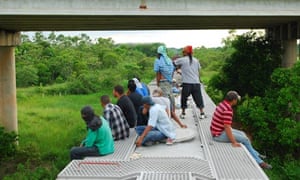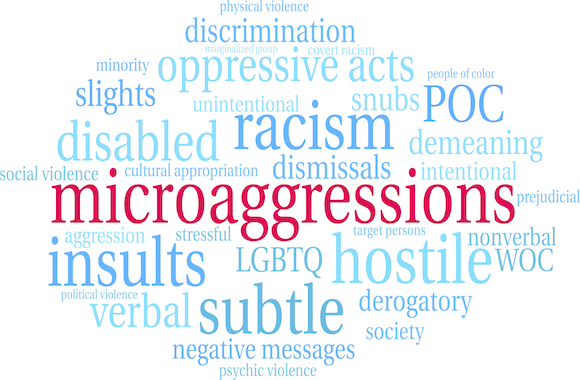This week's topic was very confronting. We watched the documentary Documented which is about the life of Jose Antonio Vargas. We learned that he was an undocumented immigrant from the Philippines who came to the US when he was 12. He is a prominent figure in the fight for the rights and citizenship for immigrants. Today I want to focus on the speech he gave at Georgia Southern University a few years ago. One quote that sparked my attention stated, " What have you done, and what are you doing to earn your citizenship?" When I reflected on this truth I realized that all I am is blessed to be born in this country. As we discussed this question in class, my group came to the conclusion that this was also possibly talking about how immigrants are typically some of the hardest working people there are, and we think Jose Antonio Vargas was talking to the people in America who don't even take advantage of the life they are given. I watched a video created by Define America titled What would LA be like without immigrants? This video revealed that one out of every three people would disappear. Not only that but it would be hard to find any food to eat because 76 percent of agriculture workers in the area are immigrants. It would also be difficult to find transportation because over half of the public transit users are immigrants. It ended by saying without immigrants there is no LA. What a powerful video! It shows just how important immigrants are to our economy and to our overall lives.
He also made another interesting point in his speech that I have never heard before. He said that the majority of immigrants aren't even coming from Latin America anymore, but rather they are coming from areas such as Asia instead. I have always assumed that most immigrants were coming from the South because that is the only aspect covered on the news. All I ever hear about immigration is the need to protect the border and secure it with whatever is necessary, but I have never heard the fact about more immigrants coming from Asia. It made me think about immigration in an entirely different light! Overall, this was a good topic because it covered some complicated areas and allowed me to change the way I think.



